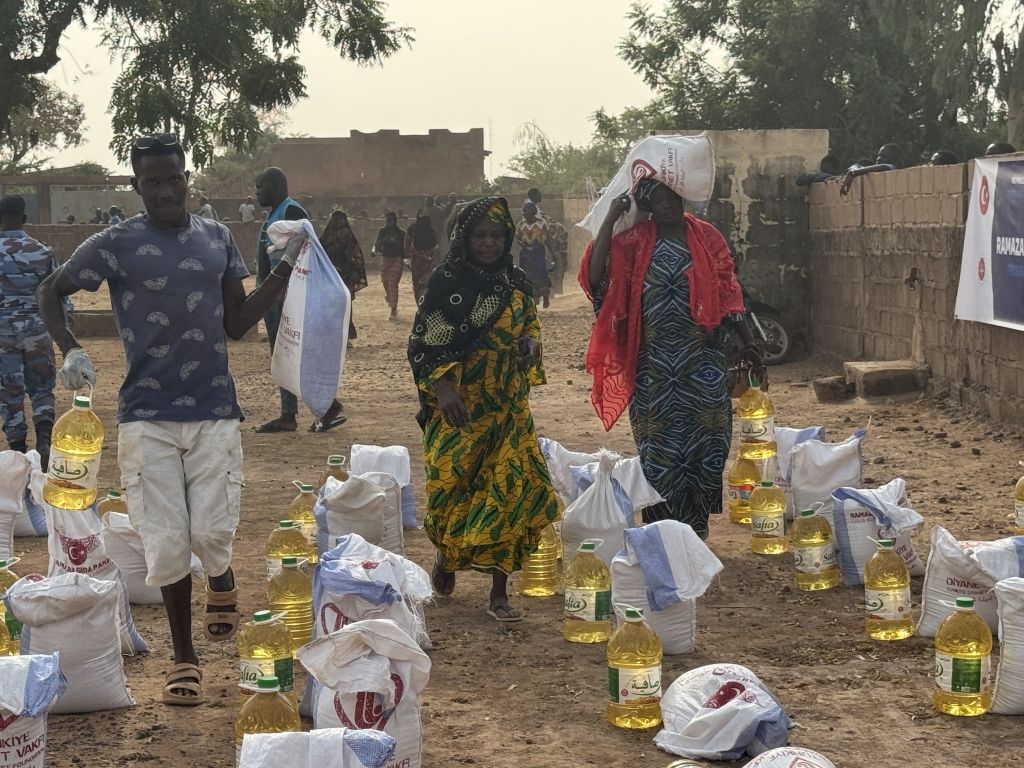Emergency funds and reforms aim to stabilize Mali’s economy after the worst flooding in decades deepens humanitarian crisis.
Following extreme flooding in the second half of 2024 that overwhelmed infrastructure, crippled agricultural output and deepened an already precarious humanitarian crisis, the International Monetary Fund (IMF) has approved $129 million (SDR 93.3 million) in emergency financing for Mali under its Rapid Credit Facility (RCF),
The new funding is aimed at addressing urgent balance-of-payments needs in the aftermath of what authorities have described as a one-in-fifty-year flood. The disbursement is paired with an 11-month Staff-Monitored Program (SMP) designed to help stabilize the economy, strengthen resilience, and promote governance reforms.
The landlocked West African nation—one of the world’s poorest—has long grappled with overlapping challenges: persistent insecurity, weak institutions, and widespread food insecurity. But the floods of 2024 pushed the country into deeper crisis.
In July and August, torrential rains inundated towns and rural communities across Mali, damaging key infrastructure, including health centers, schools, roads, and bridges.
Loading...
According to Mali’s Minister of Health and Social Development, Colonel Assa Badiallo Touré, the floods led to the collapse of over 47,000 homes and the destruction of nearly 3,000 granaries and warehouses. Thousands of livestock were swept away and more than 88,000 households were directly affected by the loss of farmland and other livelihoods.
The disaster prompted the government to declare a national state of emergency in August and launch a $73 million action plan to rebuild damaged infrastructure and restore essential services. However, the needs have far outstripped domestic capacity, especially as Mali remains under pressure from rising global borrowing costs and dwindling external development assistance.
The IMF’s emergency funding will be used to help Mali import essential goods and repair critical infrastructure. At the same time, the SMP seeks to rebuild macroeconomic stability and credibility with development partners.
“Heightened security risks, lower gold production, ongoing power outages, and a sharper-than-expected-fiscal consolidation all weighed on growth,” Kenji Okamura, IMF Deputy Managing Director and Chair, said in a statement. “Many of the economic headwinds are likely to persist in 2025, and recently announced cuts to official development assistance are expected to create additional pressures.”
Okamura added that the SMP includes structural benchmarks aimed at improving fiscal transparency and governance, particularly in the management of public resources and state-owned enterprises such as Energie du Mali (EDM), the national electricity provider.
Mali has committed to reforms that include enhancing domestic revenue mobilization, improving public financial management, and ensuring the efficient use of resources. The authorities also pledged to strengthen social safety nets and expand food assistance to vulnerable populations.
Mali’s floods were part of a broader environmental catastrophe that affected several countries in the Central Sahel, including Niger and Nigeria. The region experienced the worst flooding in three decades,
displacing hundreds of thousands and killing hundreds. Rising temperatures—now increasing 50% faster than the global average—are amplifying inequality in a region where most people depend on subsistence farming.
The floods, coupled with record heat earlier in April 2024, illustrate how climate change is intensifying the humanitarian and economic risks for countries like Mali, which are least equipped to respond.
While Mali’s current debt is assessed as sustainable, the IMF has warned that risks have increased. To preserve macroeconomic stability and pave the way for recovery, Mali has been advised to push forward with structural reforms, resolve domestic and external arrears, and create a predictable policy environment to attract investment.
Loading...
